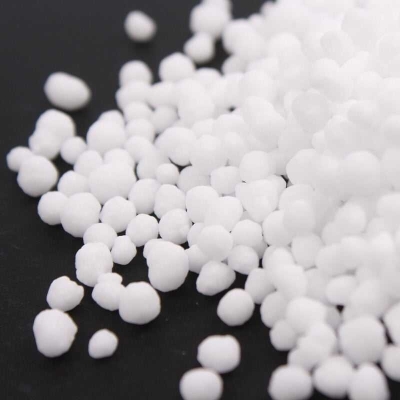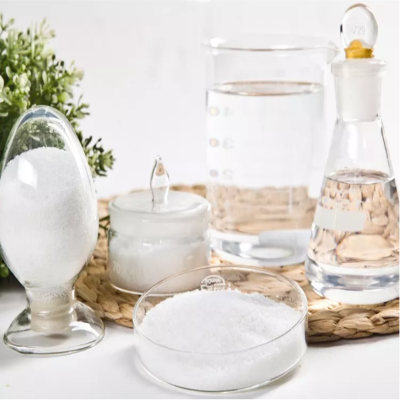-
Categories
-
Pharmaceutical Intermediates
-
Active Pharmaceutical Ingredients
-
Food Additives
- Industrial Coatings
- Agrochemicals
- Dyes and Pigments
- Surfactant
- Flavors and Fragrances
- Chemical Reagents
- Catalyst and Auxiliary
- Natural Products
- Inorganic Chemistry
-
Organic Chemistry
-
Biochemical Engineering
- Analytical Chemistry
- Cosmetic Ingredient
-
Pharmaceutical Intermediates
Promotion
ECHEMI Mall
Wholesale
Weekly Price
Exhibition
News
-
Trade Service
The team of researcher Ren Wencai and academician Cheng Huiming of the National Research Center for Materials Science, Institute of Metal Research, Chinese Academy of Sciences, prepared a type of film assembled from two-dimensional transition metal phosphorous sulfide nanosheets, and found that transition metal vacancies make this type of film have Ultra-fast ion transmission performance
.
Recently, related research results were published in "Science"
.
Ion transport in nanopores is essential for energy storage and conversion applications.
For example, proton and lithium ion conductive membranes are key materials for fuel cells and lithium ion batteries, respectively
.
At present, Nafion membrane is the most commonly used commercial proton conducting membrane.
It uses sulfonic acid groups as the proton donor center.
Protons are conducted through a network of water molecules formed in nanopores.
The proton conductivity can reach 0.
2S/cm
.
However, under high temperature (>80°C) and/or low humidity conditions, its performance will be severely degraded due to the decrease in water content
.
In recent years, related researchers have developed a variety of proton conducting membranes, including membrane materials based on MOF, biological materials and graphene oxide
.
These membrane materials also use functional groups (such as phosphoric acid, carboxyl, hydroxyl, etc.
) as the proton donor center, but their performance is still far behind Nafion membrane
.
This time, the researchers found that the Cd0.
85PS3Li0.
15H0.
15 film is an ion conductor dominated by proton transport, and the conductivity is as high as 0.
95S/cm under the conditions of 90℃ and 98% relative humidity, which is the currently reported water phase.
The performance of proton transport materials is the highest, and it still maintains high proton conductivity under low temperature and low humidity conditions
.
Further research found that Cd vacancies not only provide a large number of proton donor centers, but also make the film have excellent hydration properties, and protons are easily desorbed from the vacancies in the presence of water molecules, so that the film exhibits excellent protons.
Conduction characteristics
.
In addition, they also found that Cd0.
85PS3Li0.
3 and Mn0.
77PS3Li0.
46 films have ultra-fast lithium ion conduction characteristics, proving the universality of vacancy-induced rapid ion transport
.
Vacancy-induced rapid ion transport provides a new idea for the design and development of high-performance ion-conducting membranes
.
.
Recently, related research results were published in "Science"
.
Ion transport in nanopores is essential for energy storage and conversion applications.
For example, proton and lithium ion conductive membranes are key materials for fuel cells and lithium ion batteries, respectively
.
At present, Nafion membrane is the most commonly used commercial proton conducting membrane.
It uses sulfonic acid groups as the proton donor center.
Protons are conducted through a network of water molecules formed in nanopores.
The proton conductivity can reach 0.
2S/cm
.
However, under high temperature (>80°C) and/or low humidity conditions, its performance will be severely degraded due to the decrease in water content
.
In recent years, related researchers have developed a variety of proton conducting membranes, including membrane materials based on MOF, biological materials and graphene oxide
.
These membrane materials also use functional groups (such as phosphoric acid, carboxyl, hydroxyl, etc.
) as the proton donor center, but their performance is still far behind Nafion membrane
.
This time, the researchers found that the Cd0.
85PS3Li0.
15H0.
15 film is an ion conductor dominated by proton transport, and the conductivity is as high as 0.
95S/cm under the conditions of 90℃ and 98% relative humidity, which is the currently reported water phase.
The performance of proton transport materials is the highest, and it still maintains high proton conductivity under low temperature and low humidity conditions
.
Further research found that Cd vacancies not only provide a large number of proton donor centers, but also make the film have excellent hydration properties, and protons are easily desorbed from the vacancies in the presence of water molecules, so that the film exhibits excellent protons.
Conduction characteristics
.
In addition, they also found that Cd0.
85PS3Li0.
3 and Mn0.
77PS3Li0.
46 films have ultra-fast lithium ion conduction characteristics, proving the universality of vacancy-induced rapid ion transport
.
Vacancy-induced rapid ion transport provides a new idea for the design and development of high-performance ion-conducting membranes
.







